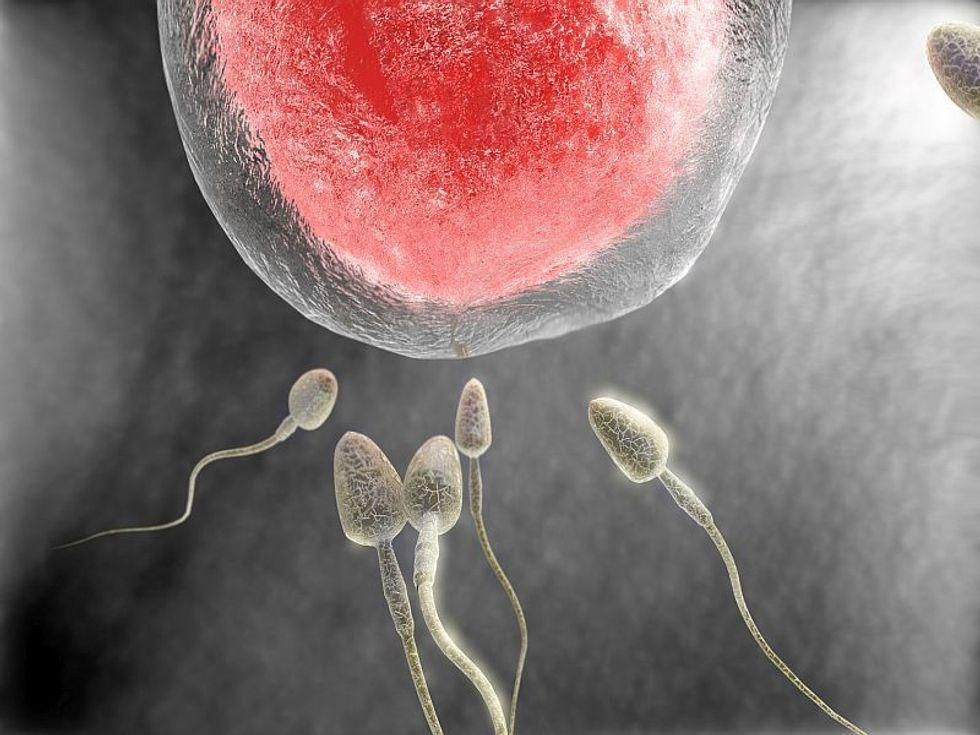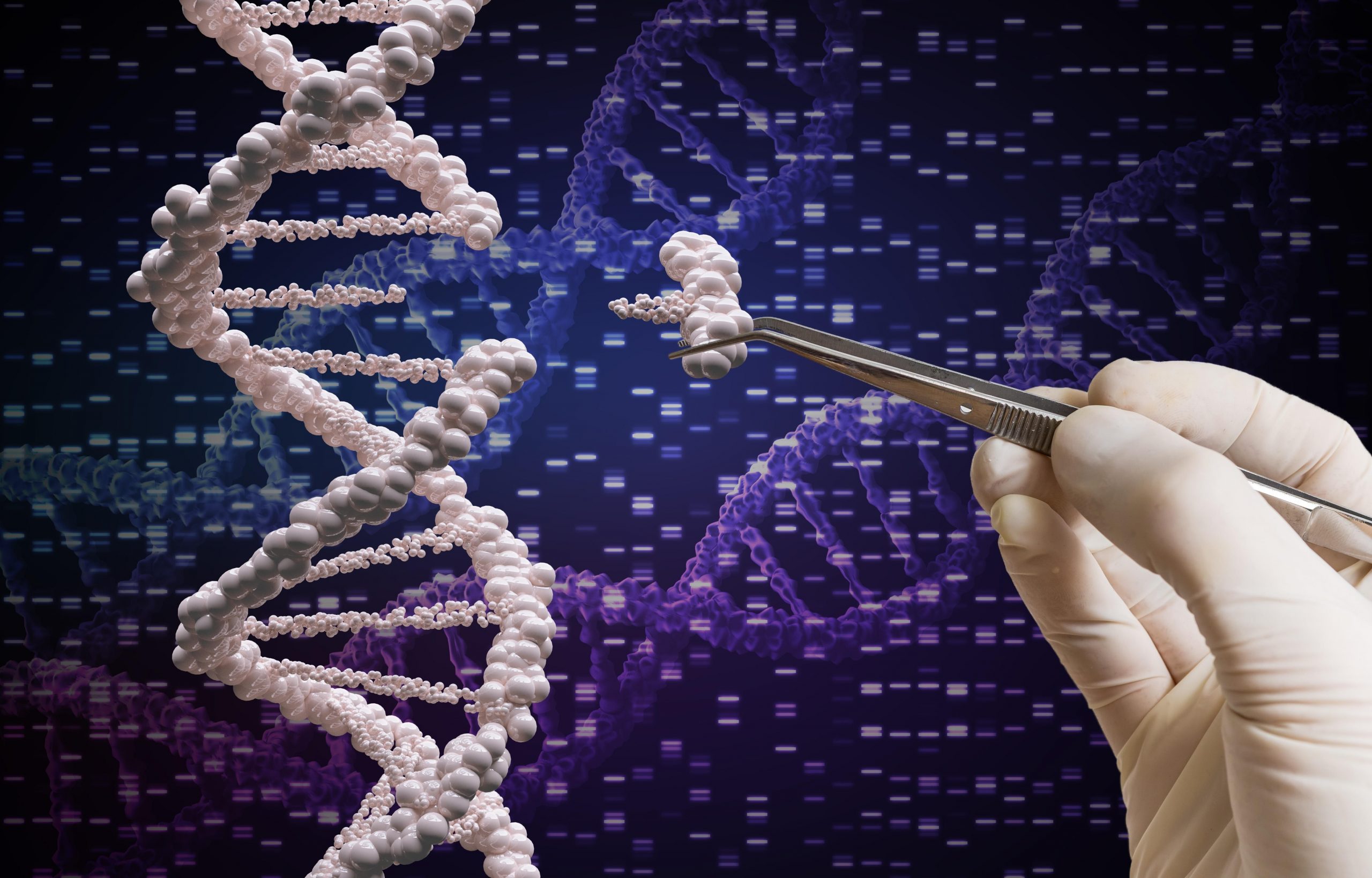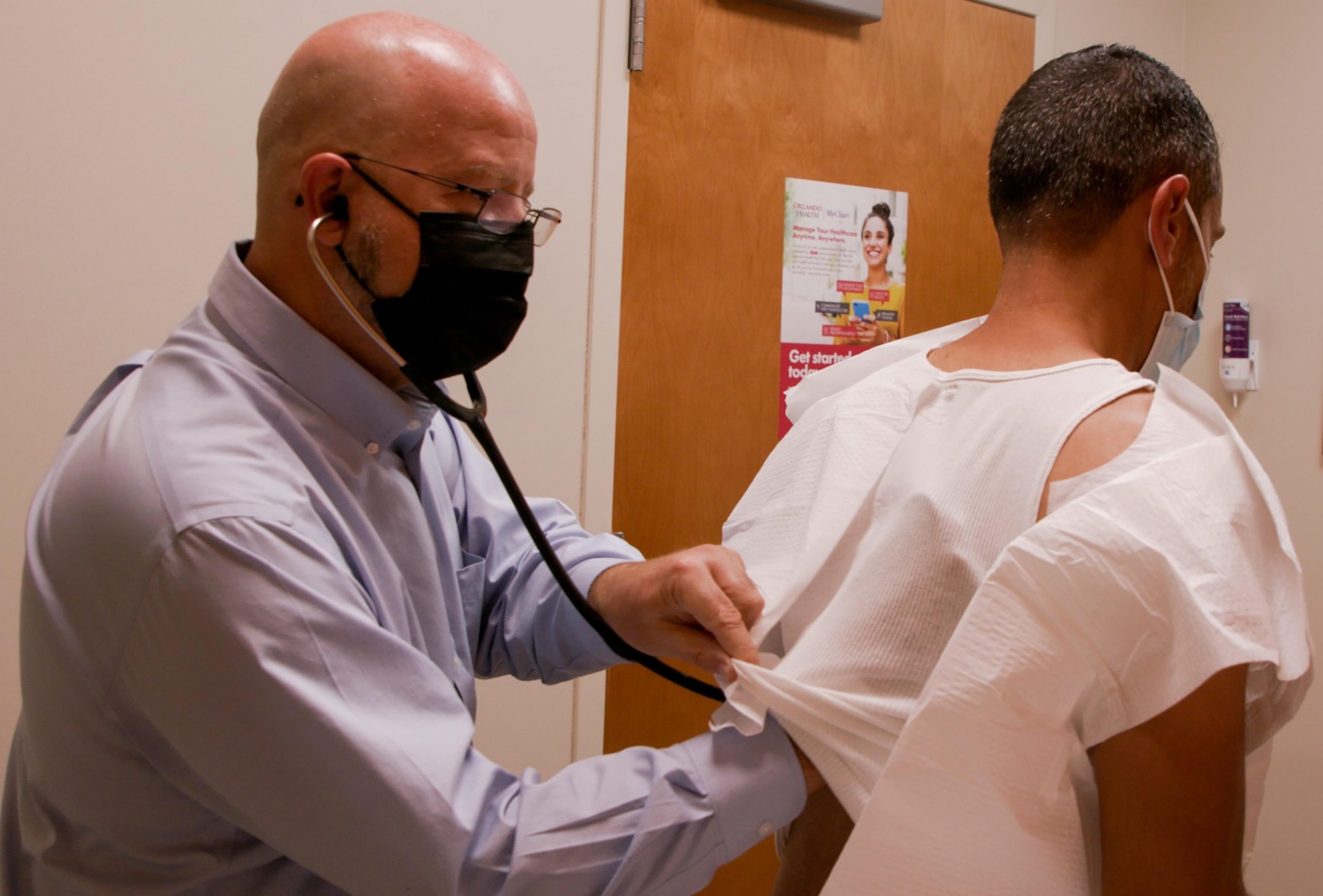
Nations are falling short in their efforts to get rid of toxic PCB chemicals that pose a risk to human health and the environment, researchers report. “We’re only six years out from the Stockholm Convention’s deadline to responsibly eliminate PCB stocks, but shockingly little progress has been made,” said study co-author Lisa Melymuk, an assistant… read on > read on >


















